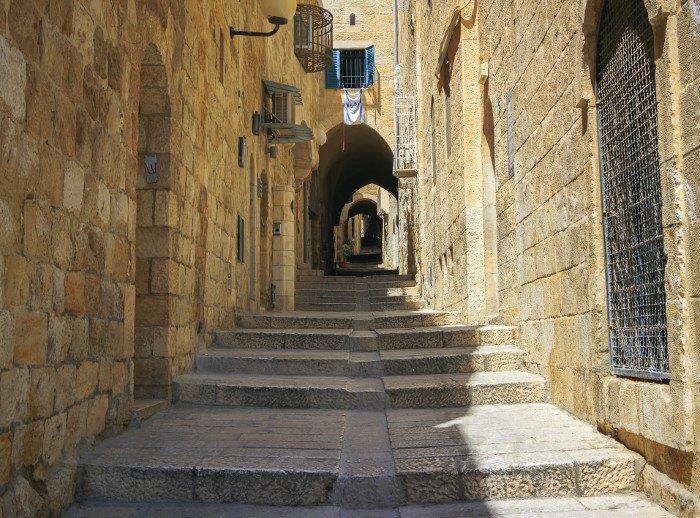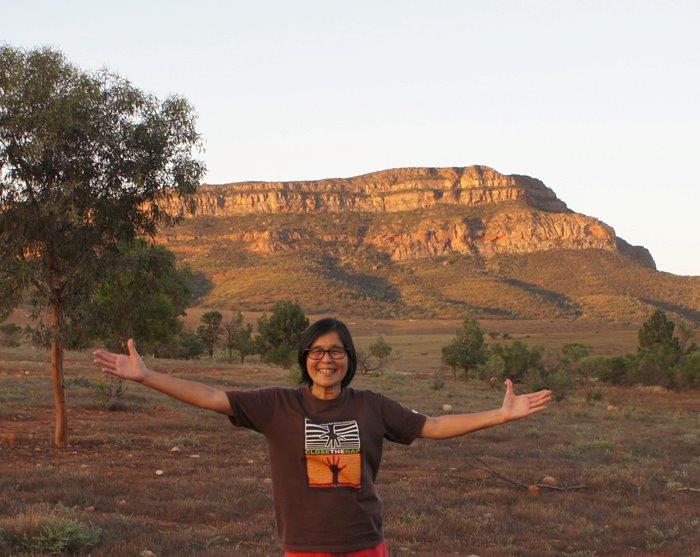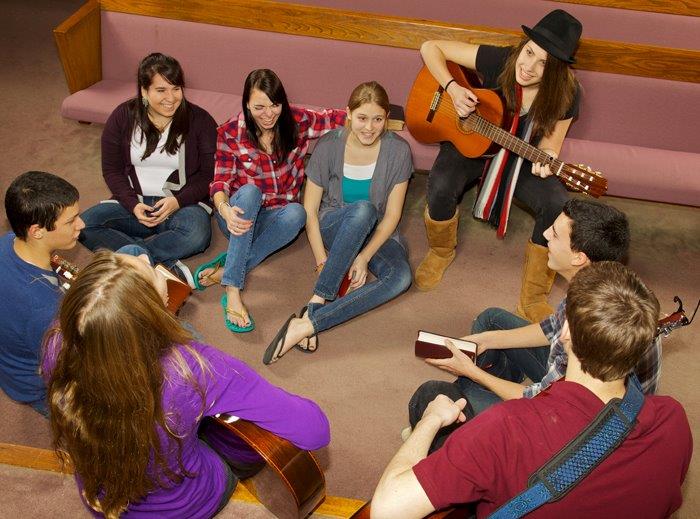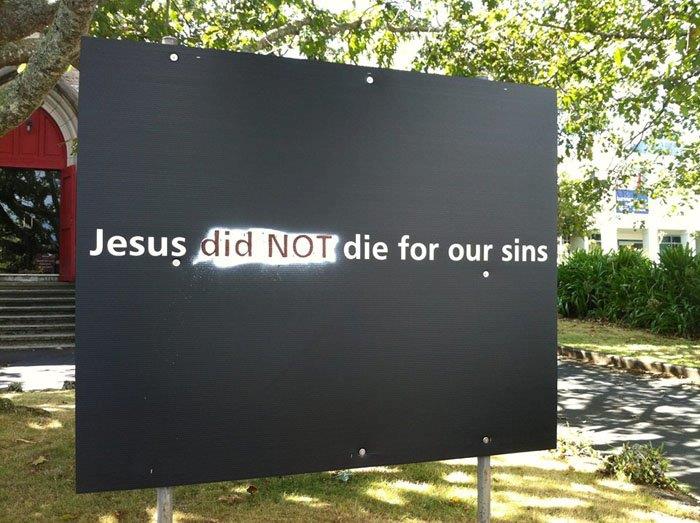It is somewhat unique for me to be asked to contribute to a theological spot. For the past 20-plus years, I have found myself in front of 1200 to 1500 students weekly, talking about our spirituality. I have also spent time at camps, sport and in the chapel. The choice of words reflecting centuries of theological insight has little if any meaning in this setting. Perhaps some would say, ‘that is because the words aren’t used enough.’
I’m not convinced. I think Jesus was faced with this same dilemma as he spoke to the foreigner, tax-gatherer, child or outcast each day.
The theme of this issue, being ‘beyond your circle’ prompts us to ask ourselves, ‘how do we relate to others?’ I believe it begins with simply being with them and listening. The gospel often refers to Jesus knowing what ‘they’ were thinking and then responding. He spoke through story and chose his stories to carry a meaning that they could identify. More importantly, he cared what they thought and understood. Jesus would speak and tell stories about their world because it was his own incarnation – he was born as one of us.
Our stories at Scotch College are about things that the students are familiar with and to which they can relate. It may be the story of Disney’s animation film, Big Hero 6, or Dido’s song, Life for Rent. When a School Captain shares his reflections on the ANZAC legend and a student shares a letter written by a young man to his mother from the trenches at Gallipoli – seven days before he dies – others begin to understand the different ways people sacrifice.




